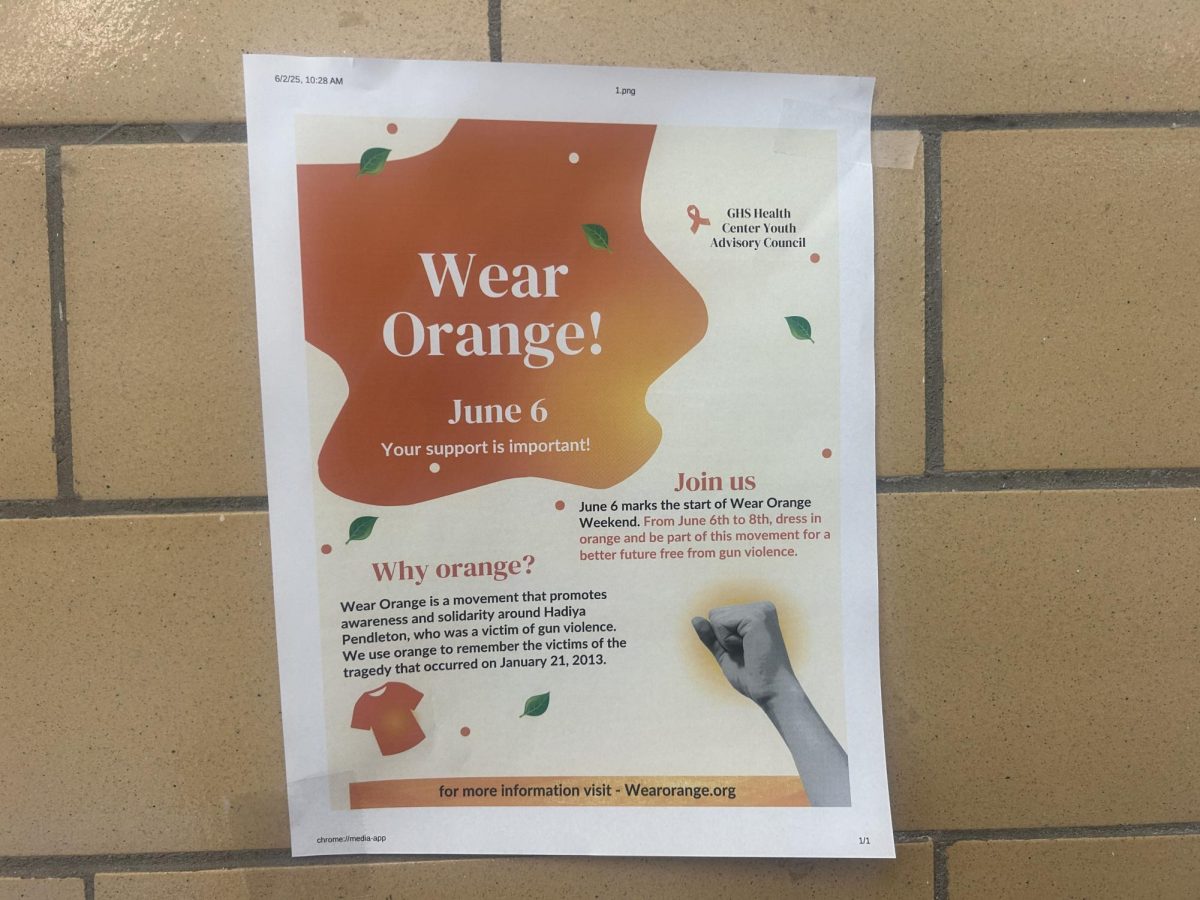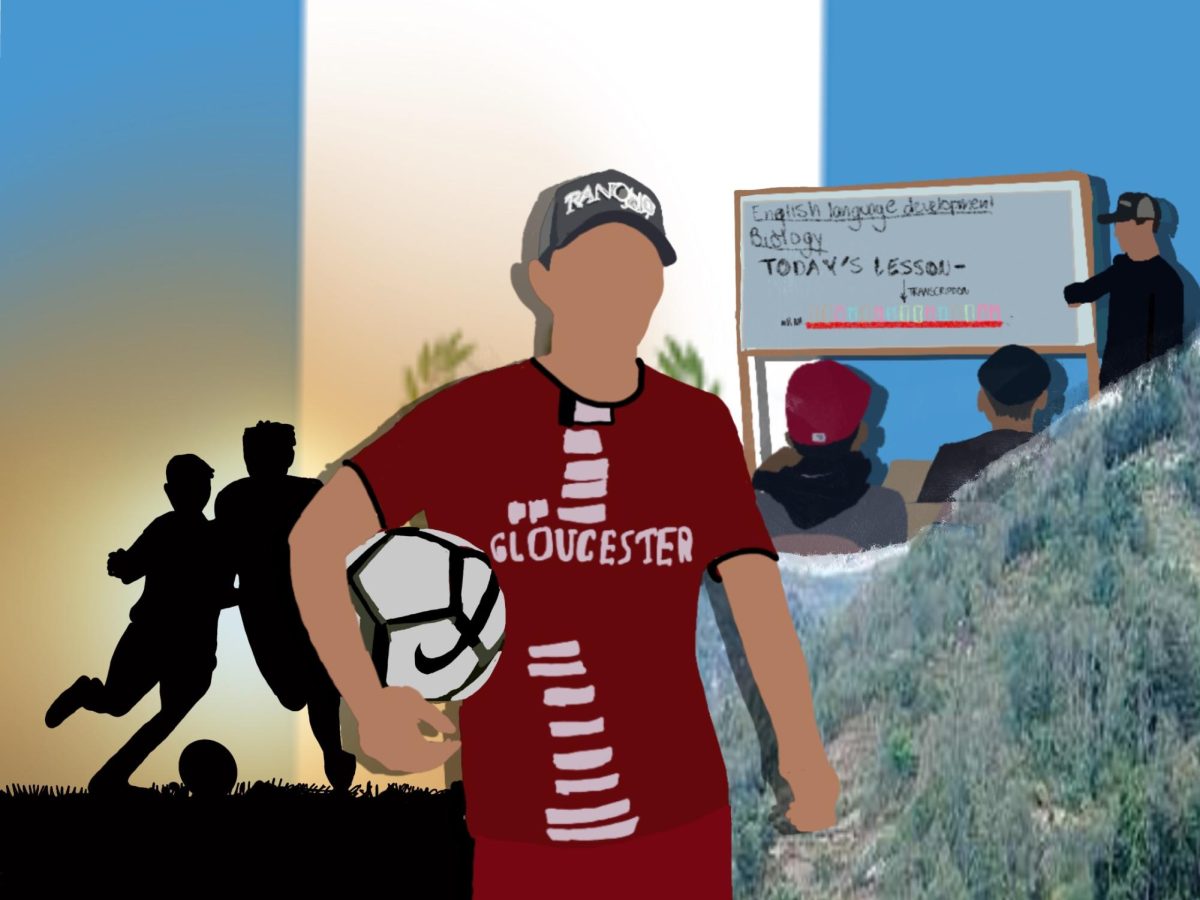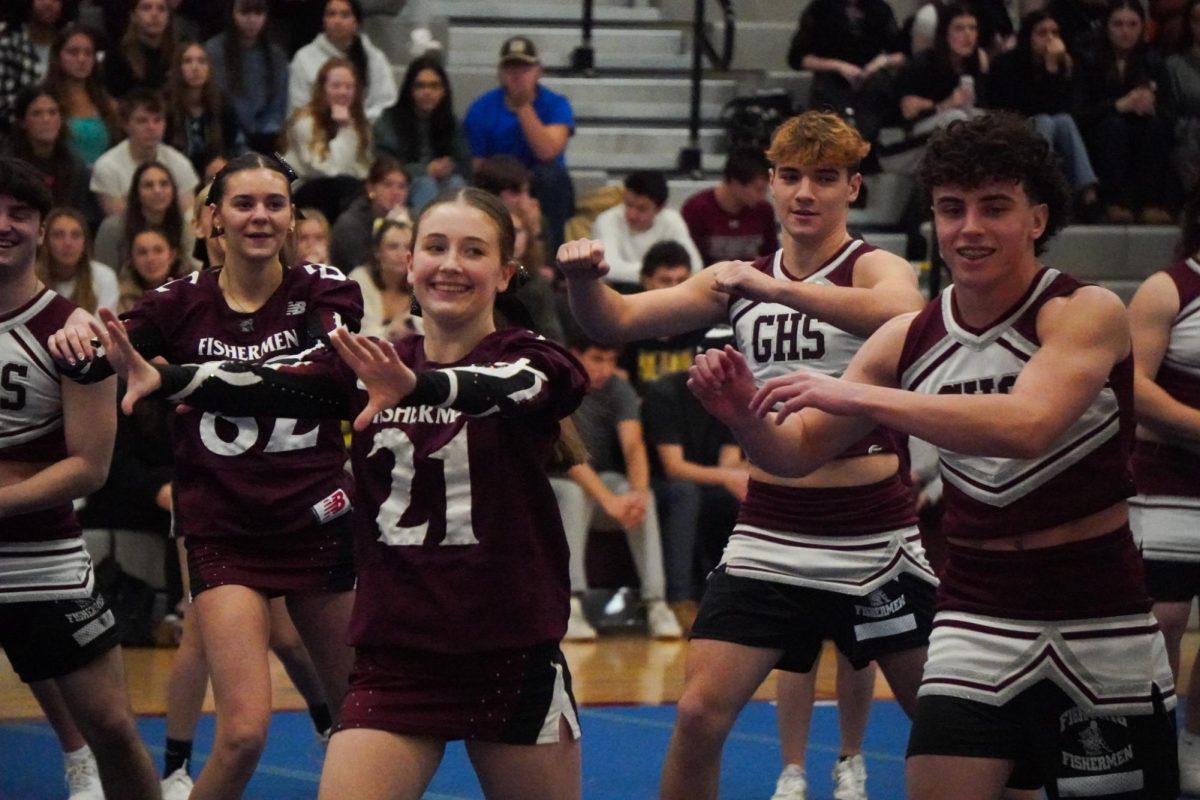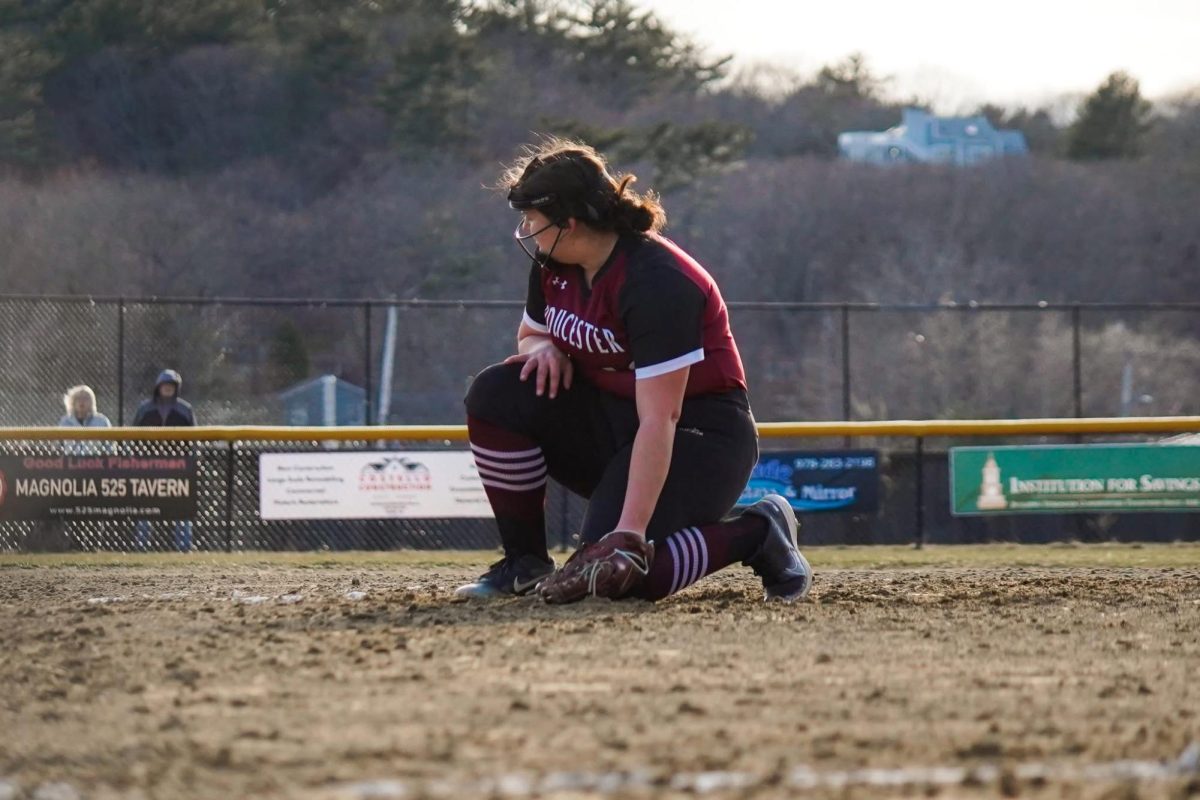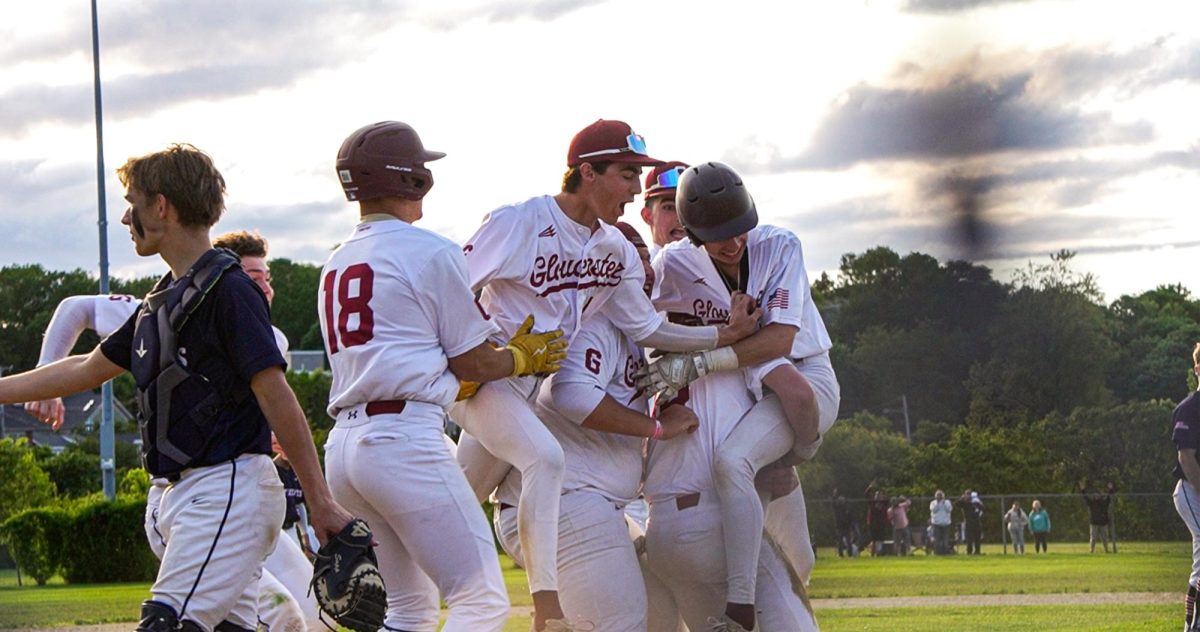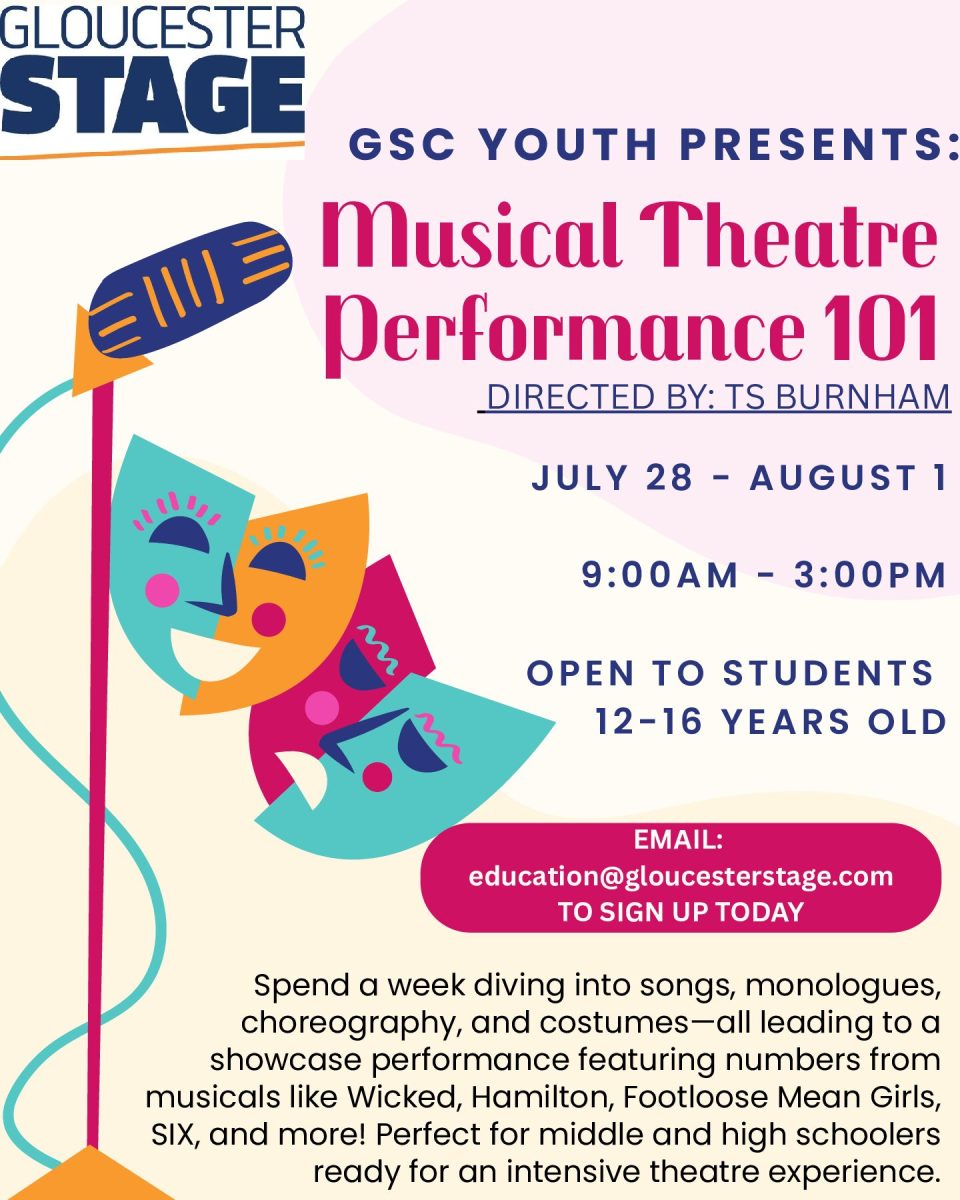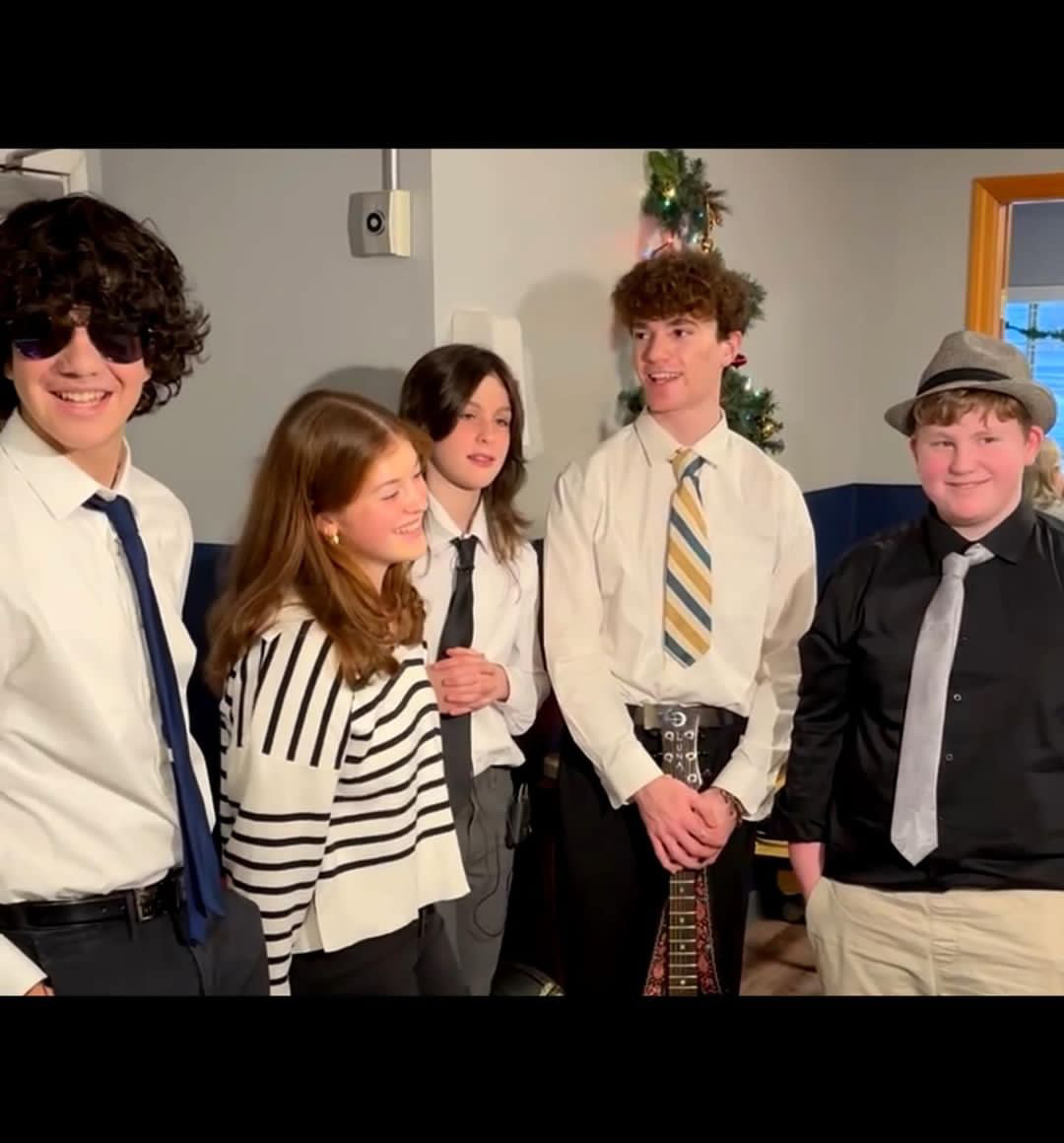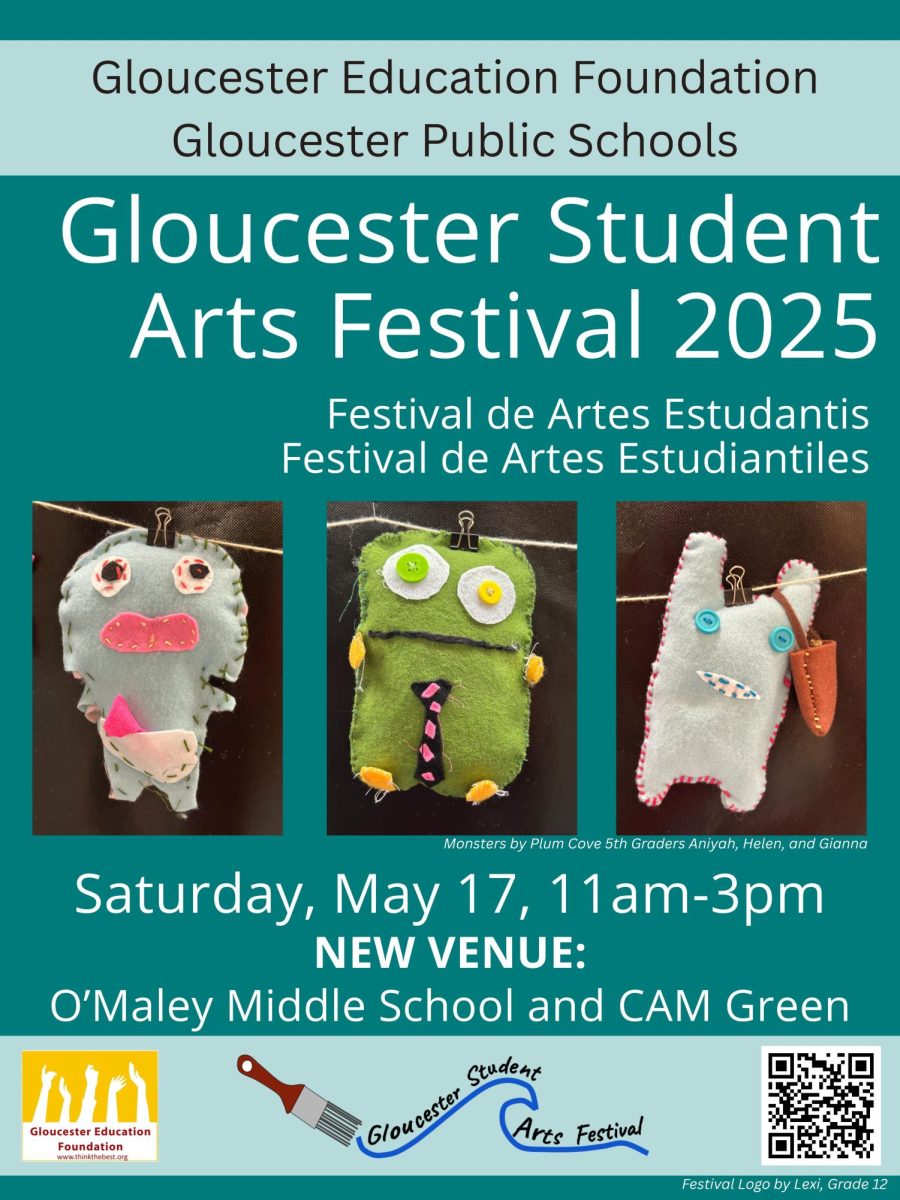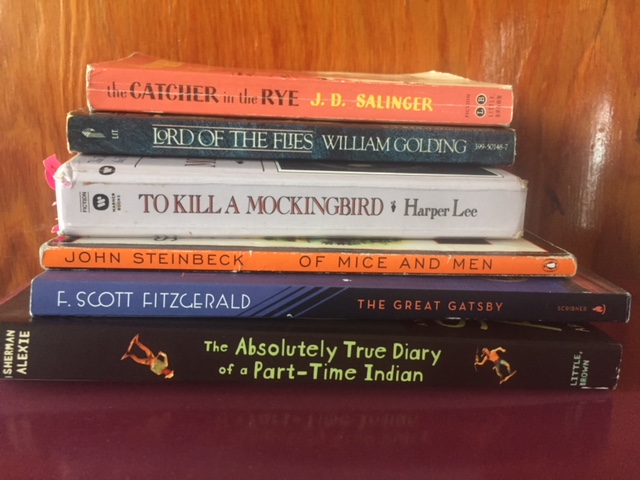Opinion: A case for the freedom to read
These titles frequently appear on the American Library Association’s frequently challenged books lists.
September 28, 2018
This week, librarians, teachers, publishers and readers celebrated “Banned Book Week”, an annual event meant to promote awareness of censorship and encourage people to support the freedom to read.
Some of you may be surprised to know that several books in the GHS curriculum were among the most frequently challenged and banned books of 2017, including 9th grade texts To Kill A Mockingbird and The Absolutely True Diary of a Part-Time Indian which were among the top 10 most challenged books .
Others, such as Of Mice and Men, The Great Gatsby, Catcher in the Rye, Lord of the Flies, The Color Purple, and Perks of Being a Wallflower have a detailed history of being challenged and banned.
Banning any book is always wrong, with no exceptions. If you ban a book, then you are withholding knowledge and ideas, which is an absolutely deplorable thing to do. Everyone should always have access to different ideas. If they do not, then their opinions will never evolve, and they will rarely learn anything new.
For proof, just look at areas of the world with highly censored libraries, where only a few books are permitted, like North Korea. Every little piece of information is censored by the government in North Korea, from newspapers to DVDs, CDs, and, of course, books.
Few people in North Korea disagree with anything their leader does, and even fewer know about anything that goes on outside of North Korea. The people see only what their dictator wants them to see, which gives no room for a different opinion or mindset.
One of the great things in the United States of America is that no matter what our opinion is, we still hear from or about those with different opinions. We may not agree, but we are always exposed to them, which allows our own opinions to grow. If schools do not allow a students’ opinions to grow, how can they expect a student to grow as a learner?
Dictators censor books so that they can have more control. A school district censoring books is no different. Some books are censored just because of the topics they discuss, which makes no difference. If students do not learn how to deal with difficult topics, they won’t be able to deal with them in adulthood. That’s just setting them up for failure.
This book may contain some difficult topics, like sexuality, or may not necessarily be the most politically correct book, but that doesn’t mean it should be banned. A lot of older books contain slaves and other activities that would be nowhere near acceptable in modern times. Does that mean that those should be banned as well? No, because many great books were written then, even if they do contain some less-than-desirable topics.
Students need to hear these things and understand that they exist. An opinion means nothing without an understanding of other viewpoints. Students that understand viewpoints of the past and present will grow as people, and isn’t that what school is supposed to do?
Some argue that students can get books from other sources, so it doesn’t matter if a school bans a book. This is simply false. Many students get their reading material solely from their schools because they cannot afford to buy them, or do not live near a library, or both. How are they supposed to read these kinds of books if they are not made available to them at school?
School libraries need to contain all sorts of books, not simply those that the administration deem are “worthy.” Students deserve more than that. Books should never be banned, no matter what the circumstances.
For more information about Banned Book Week, and to see the full list of challenged texts:

